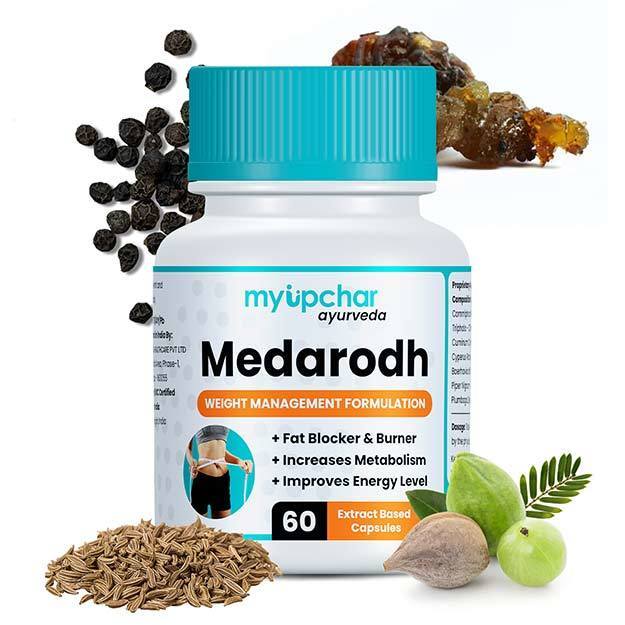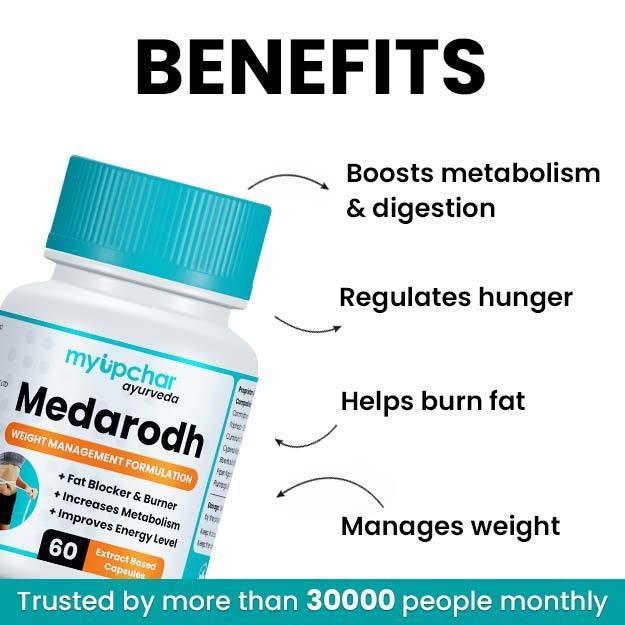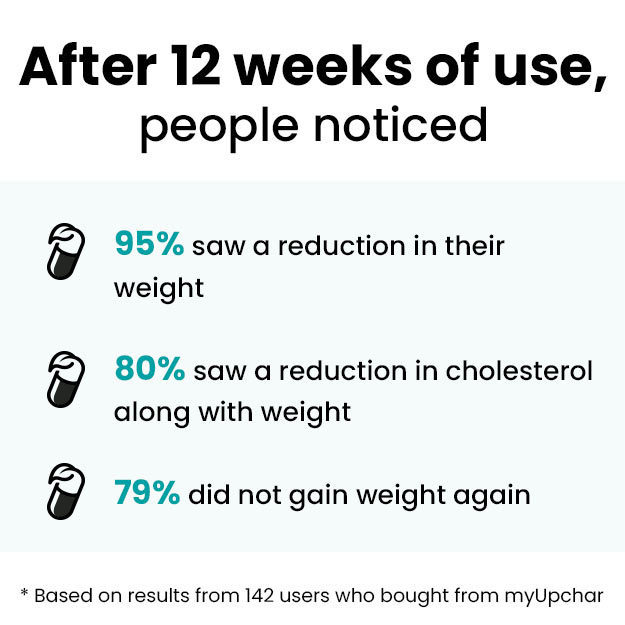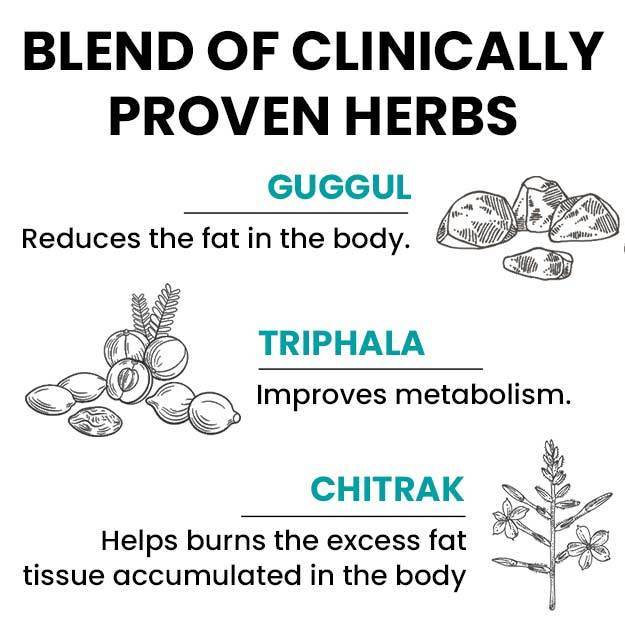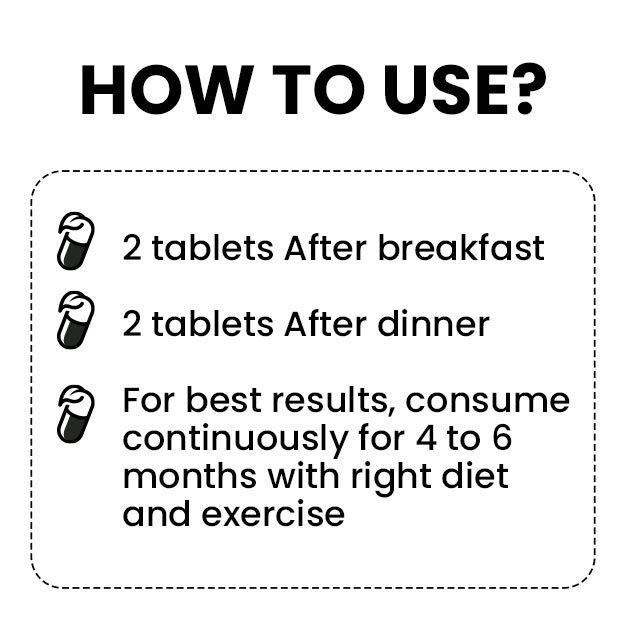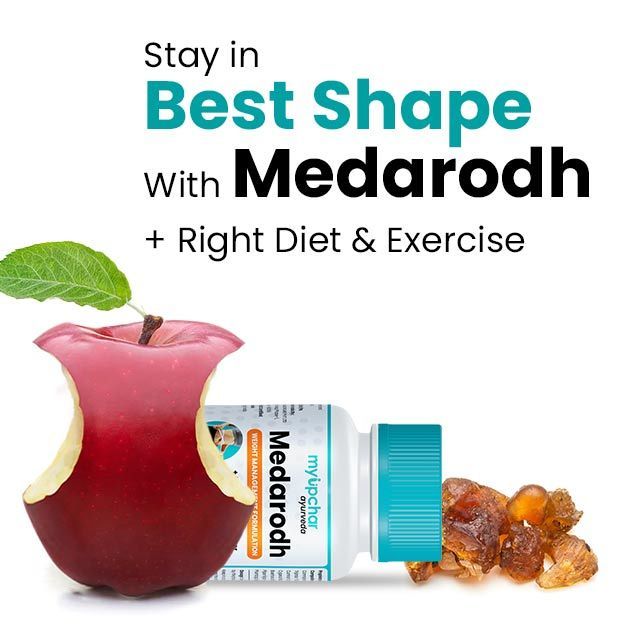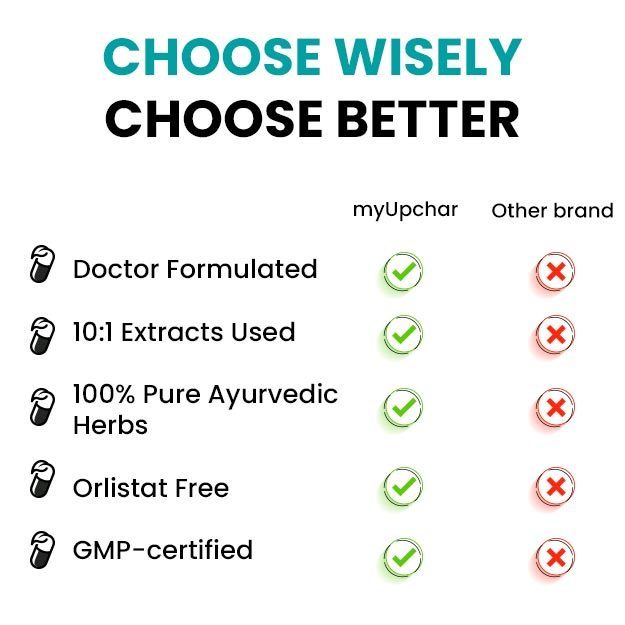Potatoes are one of the most common and popular vegetables in the world. The consumption of potatoes ranges from fresh and raw potatoes to processed products like French fries, chips, sticks, and puree. The varied uses of potato aptly earn it the title of the "king of vegetables".
Potatoes are underground crops i.e. they grow down into the ground with leaves and branches above the ground. According to botanists, potatoes are edible tubers, which means they are fleshy stems of the potato plant. The best part is that they are easy to grow and are available globally throughout the year. In fact, potatoes are the world’s fourth-largest tuberous food crops. Potatoes are special staple crops as they combine the characteristics of foods rich in starch with those of vegetables. They were first ploughed by the South American Indians known as the Inka or Inca Indians in Peru, around 8,000 BC to 5,000 B.C. The Spanish brought it to Europe around the 16th century. Interestingly, there are about 4 to 5 thousand varieties of potatoes in the world.
Inherently rich in water and carbohydrates, potatoes make a delicious treat. Due to the inclination of the people towards low-carb diets, the popularity of the potato has considerably gone down. But, the vitamins, minerals, phytochemicals and fibre that it provides helps to keep diseases at bay and benefits human health.
Some basic facts about Potatoes:
- Botanical name: Solanum tuberosum
- Family: Solanaceae
- Common Names: Potatoes, aloo
- Sanskrit name: आलुक (Alookum, āluḥ)
- Parts used: Skin, Flesh
- Native region and geographical distribution: Potatoes were first cultivated in Peru by Inca or Inka Indians around 8,000 to 5,000 B.C. They were introduced in Europe in the second half of the 16th century by the Spanish. By the early 1900s, most European countries including the former Soviet Union had been producing and importing potatoes in huge amounts. They gained popularity amongst Asians, Africans and Latin Americans in the 1960’s. Potatoes are now widely produced by China and India. China is the largest producer of potatoes.
- Interesting fact: The pollination of potatoes is done by bumblebees.















